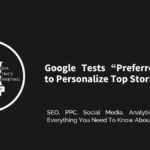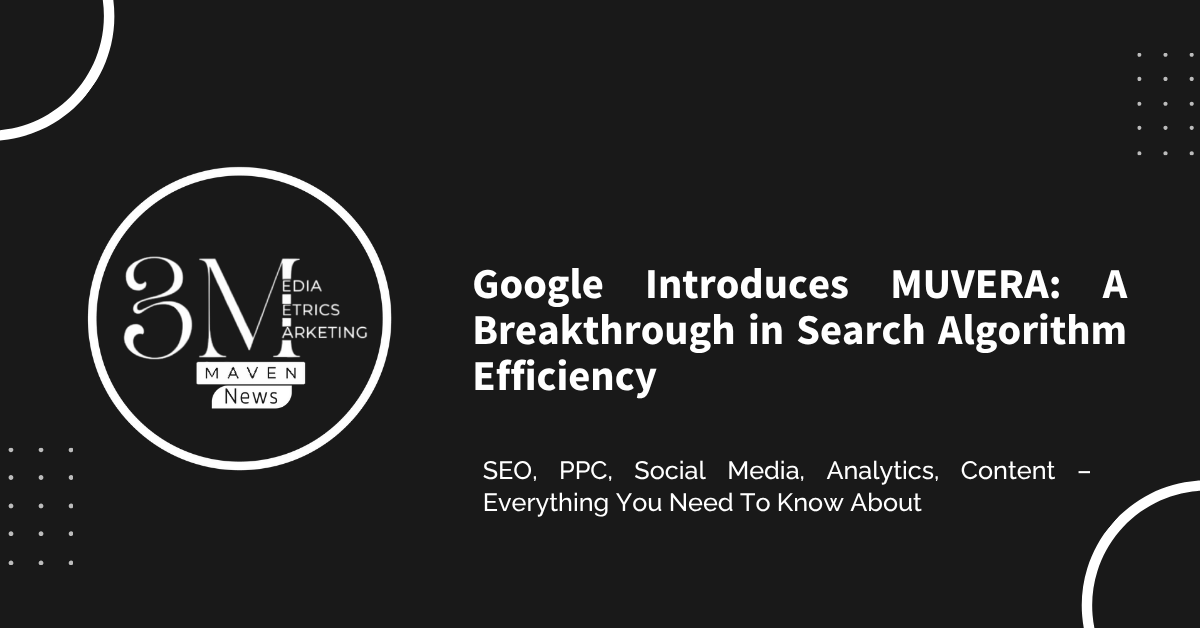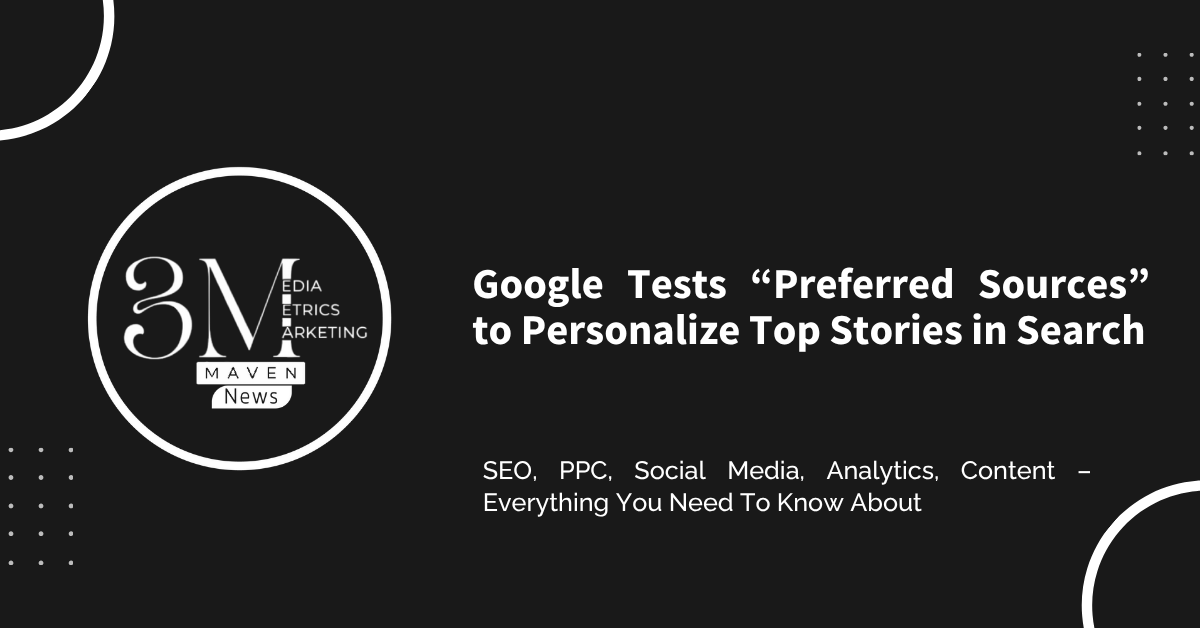In an era where data privacy concerns are at an all-time high, Google has taken a significant step towards enhancing user privacy while still providing advertisers with effective tools. The company has recently unveiled a new technology called “confidential matching” that aims to reconcile the demands of data-driven advertising with stringent privacy regulations. This innovative approach leverages confidential computing techniques to allow businesses to use their first-party data for advertising while maintaining stricter privacy controls.
Understanding Confidential Matching
Confidential matching is a groundbreaking technology that enables secure data processing within a Trusted Execution Environment (TEE). A TEE is a hardware-based security module that isolates sensitive data from the rest of the system, preventing unauthorized access even by the cloud service provider.
The process works as follows:
- Data Encryption: Advertisers securely encrypt their first-party data before sending it to Google’s servers.
- TEE Processing: The encrypted data is then processed within a TEE, which ensures that the data remains confidential throughout the entire process.
- Confidential Matching: Google’s algorithms perform matching operations within the TEE, comparing the encrypted advertiser data with user data to identify potential matches.
- Secure Output: The results of the matching process are returned to the advertiser in a secure format, ensuring that no sensitive data is exposed.
Benefits of Confidential Matching
The introduction of confidential matching offers several advantages for both advertisers and users:
- Enhanced Privacy: By keeping data encrypted throughout the processing chain, confidential matching helps protect user privacy and comply with evolving data protection regulations like GDPR and CCPA.
- Improved Targeting: Advertisers can benefit from more accurate and targeted campaigns by effectively using their first-party data. The technology allows for more granular targeting based on specific user attributes without compromising privacy.
- Increased Trust: Confidential matching helps build trust between advertisers and users by demonstrating a commitment to data privacy. Consumers are increasingly concerned about how their personal information is used, and this technology addresses those concerns.
- Regulatory Compliance: The technology can help businesses comply with various data privacy regulations by minimizing the risk of data breaches and ensuring that data is handled responsibly.
Implications for Advertisers
The introduction of confidential matching presents new opportunities for advertisers to leverage their first-party data more effectively. By adopting this technology, advertisers can:
- Improve Campaign Performance: More accurate targeting can lead to higher click-through rates, lower costs per acquisition, and better overall campaign results.
- Enhance Customer Relationships: By using first-party data to deliver personalized experiences, advertisers can build stronger relationships with their customers.
- Stay Ahead of the Competition: As privacy regulations become more stringent, businesses that can effectively utilize their data while adhering to privacy standards will have a competitive advantage.
Challenges and Considerations
While confidential matching offers significant benefits, there are also challenges and considerations to be addressed:
- Technical Complexity: Implementing confidential matching requires specialized technical expertise and infrastructure.
- Data Quality: The effectiveness of confidential matching depends on the quality of the advertiser’s first-party data. Ensuring data accuracy and completeness is crucial.
- Cost: The implementation and ongoing maintenance of confidential matching may involve additional costs.
- Scalability: As the volume of data increases, ensuring that confidential matching can scale efficiently becomes a challenge.
Conclusion
Google’s introduction of confidential matching represents a significant step forward in the field of data privacy and advertising. By leveraging confidential computing techniques, this technology allows businesses to use their first-party data for advertising while maintaining strict privacy controls. As data privacy concerns continue to grow, confidential matching offers a promising solution for advertisers seeking to balance the demands of targeted advertising with the need to protect user privacy.










